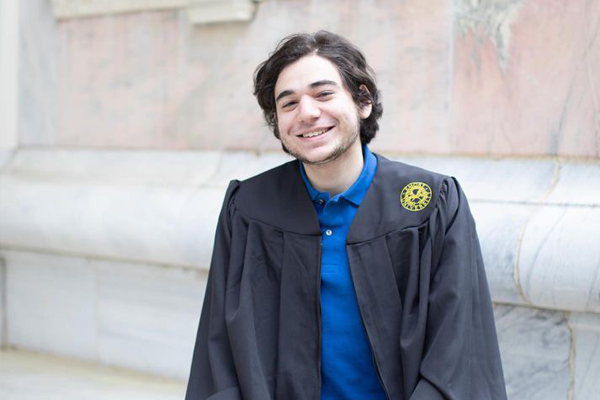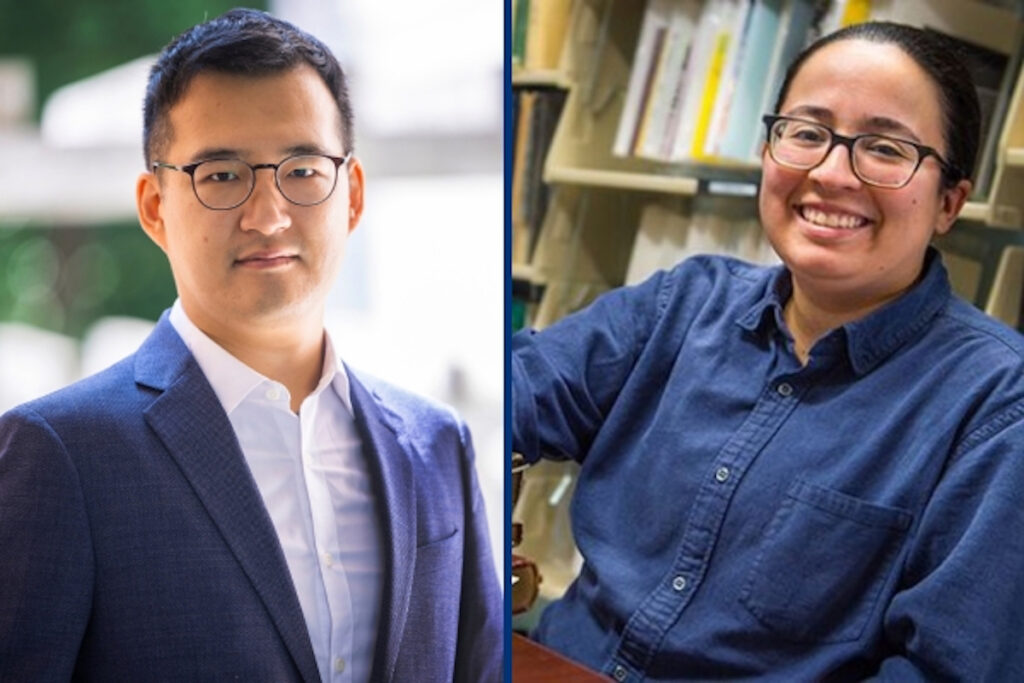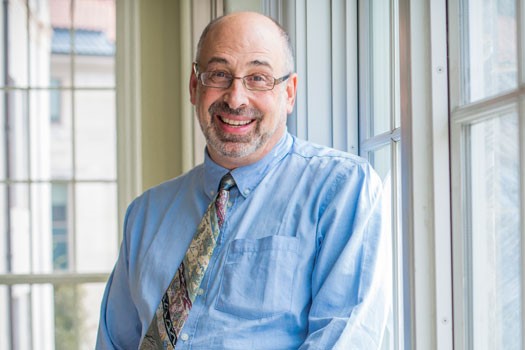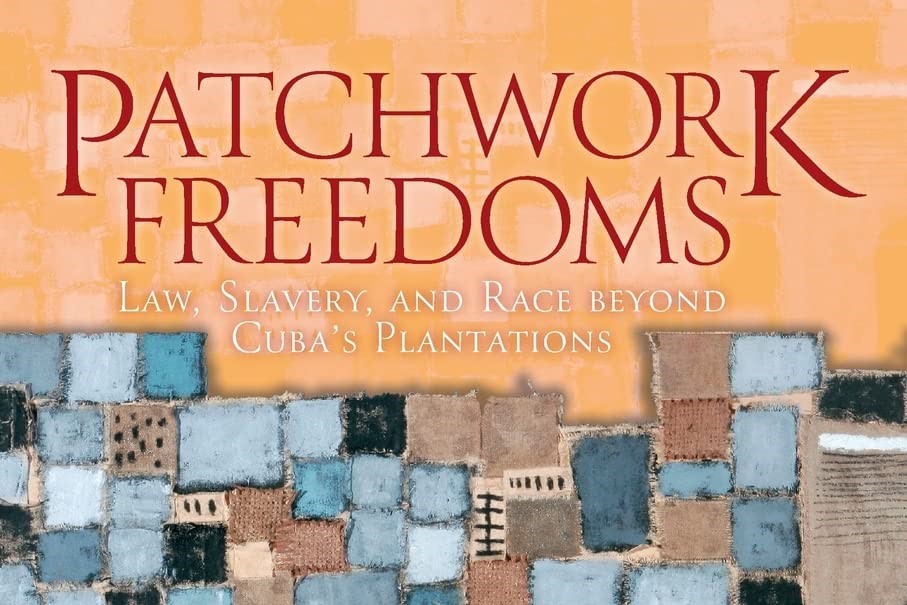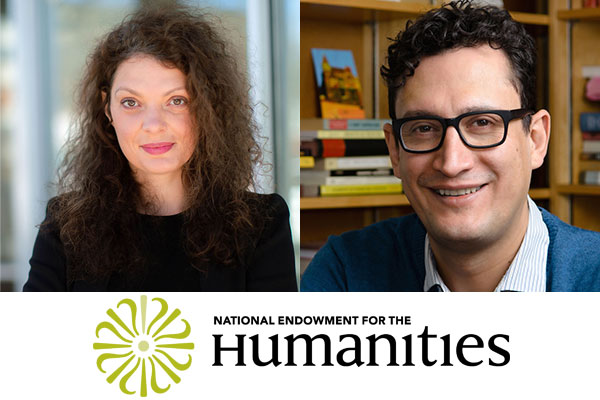The Emory History Department mourns the death of Dr. Irwin Hyatt, Jr., a beloved professor of East Asian History at Emory from 1966 through his retirement in 2002. A native of Atlanta, Hyatt received his undergraduate degree at Emory College in 1956 and completed his doctoral work at Harvard in the mid-1960s. As he recounted in a 2002 article, Hyatt returned to Emory by coincidence. At the time, the History Department had no curricular offerings outside of Western Civilizations. Hyatt became the first Area Studies expert outside of the United States and Europe, thus helping to pave the way for the Department’s leading contemporary doctoral programs in regions beyond the North Atlantic, including Asia, Africa, and Latin America.
In 1976 Harvard UP published Hyatt’s Our Ordered Lives Confess: Three Nineteenth-Century Missionaries in East Shantung, a biographical study of three missionaries in Northeast China. Reviewers at the time described the work as “a scholarly, carefully-documented contribution” and a “remarkable and sensitive book.” Hyatt’s popular courses and mentorship of students were much appreciated on campus. Joan L. Goldfrank (73C 76L) composed a lovely reflection about Hyatt in a 2011 issue of Emory Magazine:
“I must identify my favorite professor, Irwin Hyatt of the Department of History. Although I had an idea that I would be a history major before I entered college, I was convinced of this decision after taking an introduction course with Professor Hyatt. I then took every course he taught. I concentrated in Chinese history because of his inspirational teaching. He taught me to appreciate the importance of history and what history informs us about people. Professor Hyatt was also readily available outside of the classroom as I juggled a personal crisis and searched to find my path in life. He provided great support and guidance.
“All these many years later, one of those voices in my head is Dr. Hyatt’s, reminding me not to be judgmental of and to try to understand others. It is a helpful voice. Therefore, it is just that simple. The Emory professors made the significant difference in my college career. Thanks, Emory, for providing me with such a unique and treasured opportunity.”
Hyatt joined the College’s dean office in 1988, where he served as Senior Associate Dean until his retirement. He received the Jefferson Award in 2002, given annually to a faculty member at Emory who has demonstrated “significant service to the University through personal activities, influence and leadership.” Read more about Hyatt’s life, career, and contributions to the Emory community on his obituary and the Emory Report’s 2002 article, “Hyatt closes Emory career with honors.”


